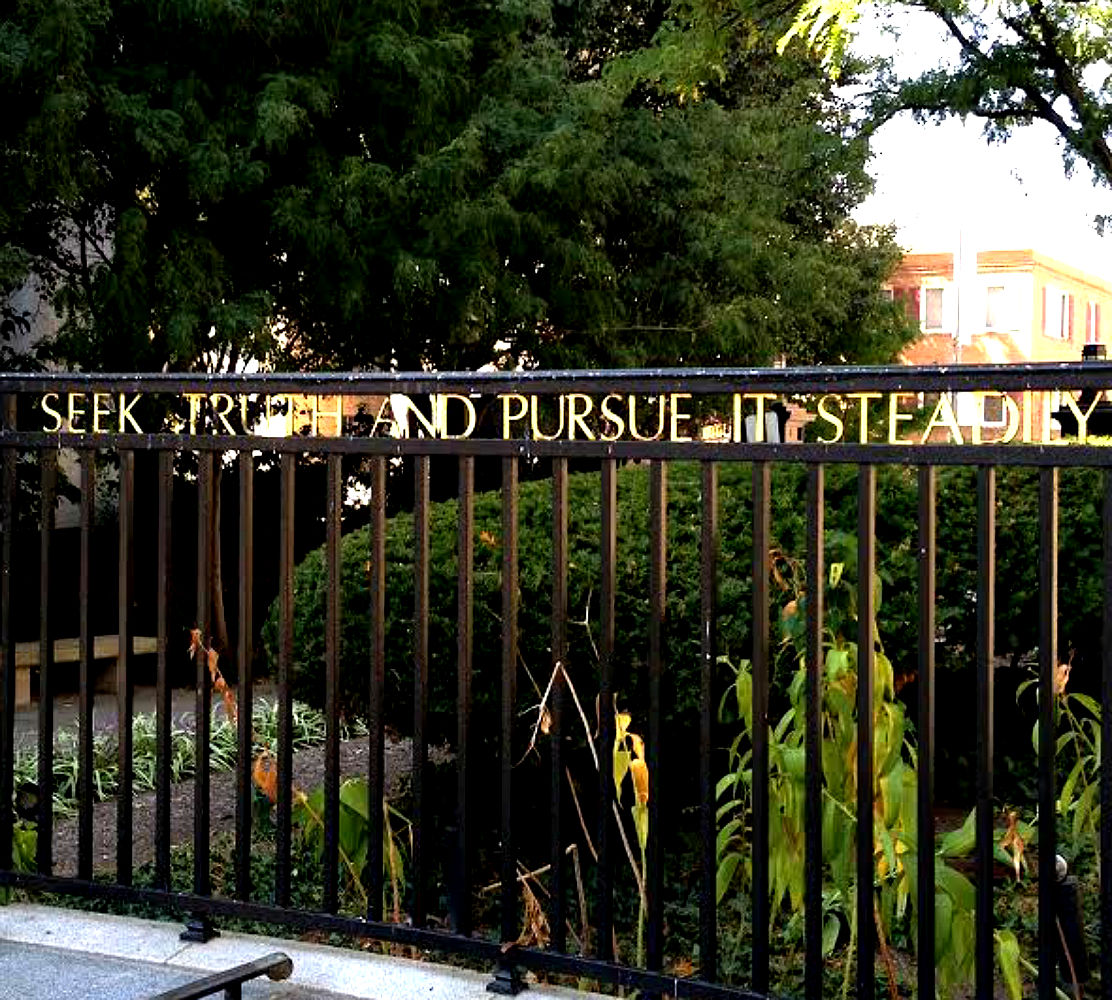Eonia I Mnimi (Eternal Memory) – Greek Orthodox Funeral Blessing
“Have you ever seen anyone die before?” my cousin asked me, from across the bed.
“Sure I have, plenty of times,” I answered.
We were flanking her father, my uncle (really, my mother’s cousin, but extended Greek families are complicated; suffice it to say that our families are very close). He had just taken his last breath.
*****
My uncle had been declining for several years with Lewy Body Dementia, and it had been accelerating over the past year or so. It was stealing him away, his mind anyway, though until lately his body remained strong. He wasn’t even on any medications, except the Exelon patch and Namenda to slow the dementia, remarkable for his 88 years. Last fall he had an “episode” for which he was hospitalized, and his doctors indicated that it was likely progression of his disease; so from then on, he had been cared for with hospice assistance. His death was certainly not imminent, within days or weeks, as one usually thinks with hospice involvement, but it was inevitable. There was not much to do from a palliative point-of-view, there simply wasn’t anything else to add to or to enhance his care. But as he declined, his family— especially my cousin — were going to face some hard choices about how best to care for him. The resources in the home, even with hospice and aides to help in his care, were rapidly becoming inadequate. As it turned out, they did not have to worry any more about breaking the promise they made to him.
*****
That afternoon I went to see my uncle, who had been living with my cousin for the past few years. I had been texting and emailing with her over the prior week, after he had another “episode”—this time more severe, like a seizure or even a stroke, from which he was not waking. He had not had anything to eat or drink for about a week, and had stopped voiding for the past day or so. He would rouse slightly, then drift back to sleep. She indicated that his breathing had started to become irregular at times, with long pauses. He had small doses of morphine and ativan sublingually to ease his breathing, though it is hard to say if those tiny doses did much, or how much was even absorbed.
When I walked in to the room with her, to sit for a while and keep him — and her — company, the breathing pattern was immediately recognizable to me. It was the classic, end-stage pattern of Cheyne-Stokes respirations, the crescendo-decrescendo pattern punctuated by apnea, pauses ranging from 10 seconds to nearly a minute, before the whole pattern repeated. He was not in any discomfort, there was no distress. It bothered us more than him. It also meant that the end was coming soon, some time in the next hours. Continue reading



